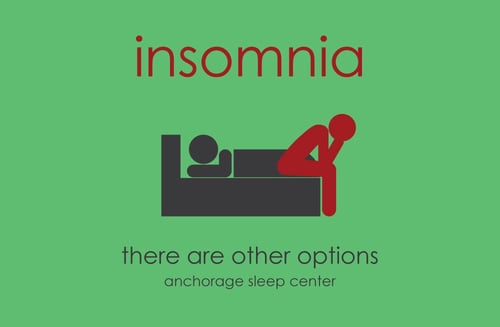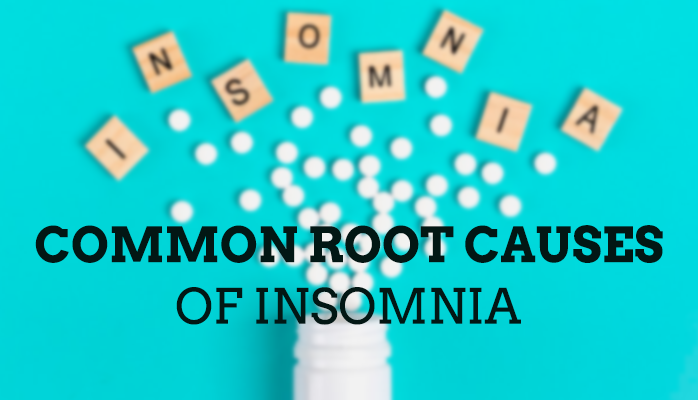Primary vs Secondary Insomnia
It's very important to understand that Insomnia is an umbrella term with two major types that fall under it, primary and secondary insomnia. Additionally, there are two modes of insomnia as well, which describe how long insomnia lasts, acute and chronic.
Secondary insomnia means that you have insomnia as a direct result or symptom of something else, such as a health condition, medication, pain, substance abuse, etc. For example, depression can be an underlying cause for insomnia.
Primary insomnia means that your trouble sleeping is not directly related to some other underlying issue.
If you struggle with sleeping, it's important to quantify which type of insomnia you are feeling. This can help your physician come up with a diagnosis and treatment plan. Of course, things are much easier in writing than in real life, and it can be difficult to determine whether or not you have primary or secondary. So keep track of your symptoms, anything out of the ordinary that happens, and any other details that can help your physician determine what may be the underlying cause of your insomnia, or if there isn't one at all.
Acute vs Chronic Insomnia
In addition to understanding the two types of insomnia, you should also be aware that that there are two modes of insomnia, acute and chronic.
Acute insomnia is short-term, and normally with a distinct cause (such as an identifiable stressor that lasts for only a short time).
Chronic insomnia is symptomatic, long term insomnia, which is defined as insomnia at least three nights per week for a month or more, and normally does not have an identifiable cause.
So in total, there are four different possible combinations of insomnia.
- Secondary/acute insomnia – temporary insomnia in response to a temporary illness, stress, etc.
- Primary/acute insomnia – temporary insomnia for no discernable reason
- Secondary/chronic insomnia – chronic insomnia in response to (usually) chronic life problem such as pain, long term illness, etc.
- Primary/chronic insomnia – chronic insomnia with no discernible cause
With these in mind, here are common causes of insomnia.
Causes of Insomnia
Age Risk Factors for Insomnia
As we age, our sleep cycles change. As we age, we tend to go to bed earlier, wake up earlier, and require naps during the day. People over the age of 60-65 are more likely to have insomnia and report trouble with sleep.
This is likely due to natural biological changes, and also because as we age we are more likely to take certain medications that affect sleep.
Disease Risk Factors for Insomnia
Many diseases can affect our ability to sleep, and make us at risk for developing insomnia:
- Diabetes
- Kidney disease
- Lung disease
- Arthritis
- Heart disease
- Heavy smoking
- Sleep apnea
- Restless leg syndrome (RLS)
- Addiction
- Parkinson’s disease
- Alzheimer’s disease
- Mental disease
Medication Risk Factors for Insomnia
 Certain medications cause insomnia (primary) as a side effect, and include:
Certain medications cause insomnia (primary) as a side effect, and include:
- Diet pills
- Steroids
- High blood pressure medications
- Theophylline
- Phenytoin
- Levodopa
- Decongestants
Gender Risk Factors for Insomnia
Insomnia is more common in women than men. Biological aspects of being female like pregnancy, premenstrual syndrome, and menopause can increase your risk for developing insomnia.
Psychological Risk Factors for Insomnia
Psychological factors are some of the most common root factors for developing primary insomnia, and include:
- Depression
- Anxiety
- Stress from marriage/job/health issues
Lifestyle Factors for Insomnia
Lastly, insomnia is also commonly caused by lifestyle choices that make sleep difficult, such as:
- Shift work
- Poor pre-sleep habits (screens, diet)
- Drinking before bed
- Drinking too much coffee
- Jet lag
- Poor sleep environment – noisy, bright, distractions, etc.
- Exercising close to bedtime
If you live in Alaska and are worried that you are struggling with insomnia, please take this free online sleep test to get in contact with one of our sleep health professionals.


